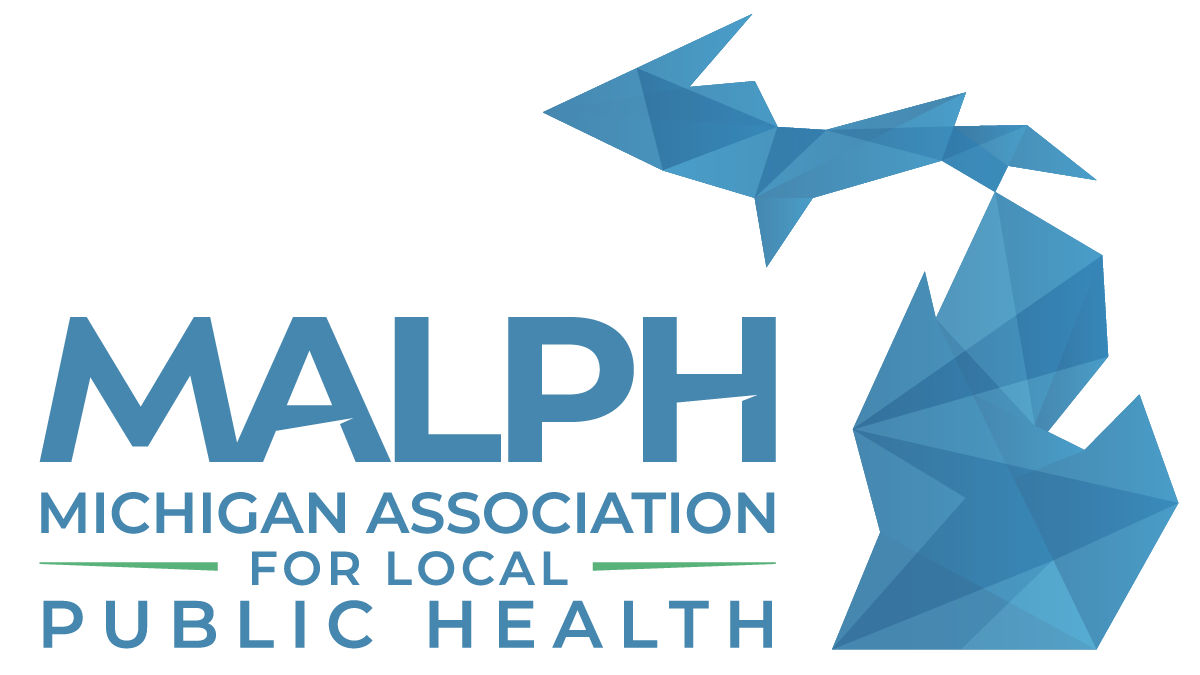Public Health is a complex system which protects people from unsafe or hazardous conditions and provides methods of promoting good health and preventing disease. Partners in this system include state and local health departments; community health centers; colleges and universities; schools; federal agencies; federal and state legislatures; community organizations; the business community; and, of course, the public.
Public health functions are often grouped into three basic areas by the Institute of Medicine - assessment, assurance, and policy development. While these terms are not well known; many of the functions that are provided under them are probably familiar to most people.
Assessment
Assessment functions include determining if a community has enough doctors, nurses and dentists; recording the number of births and deaths; tracking health trends; conducting laboratory analyses; and evaluating the effectiveness of programs. Assessment programs primarily serve as the mechanism to determine if the total health system is working as well as it should.
Assurance
Assurance covers those activities that deal with making sure people's health needs are safely and effectively met. For example, government's role in regulating, through licensure and inspection, falls under this heading. Programs that provide education to both health care providers and the community are part of assurance as well. Finally, assurance includes providing medical, dental, and psychological services directly to the public.
Policy Development
Policy development pertains to the setting of goals for health services, developing performance standards, determining priorities for the allocation of resources, and planning for systems to meet identified health needs. Setting immunization standards for children is an example of public policy development.
The story of public health is one of success. The public can eat at restaurants anywhere in Michigan, access health care, breathe clean air, work in a safe environment, and live without fear of catching many diseases because our public health system is working.
A Longer Life and a Better Life
Without strong public health protection, living in Michigan could be very different. Less than 100 years ago, imagine: the average lifespan was just 47 years; no sewers and septic tanks, so water is unsafe to drink; no vaccinations, so almost everyone is sick and medical costs are even higher; no restaurant inspections, so food is unsafe to eat; kids don’t have a safe place to play; people live next to toxic waste.







